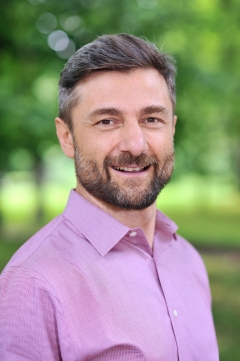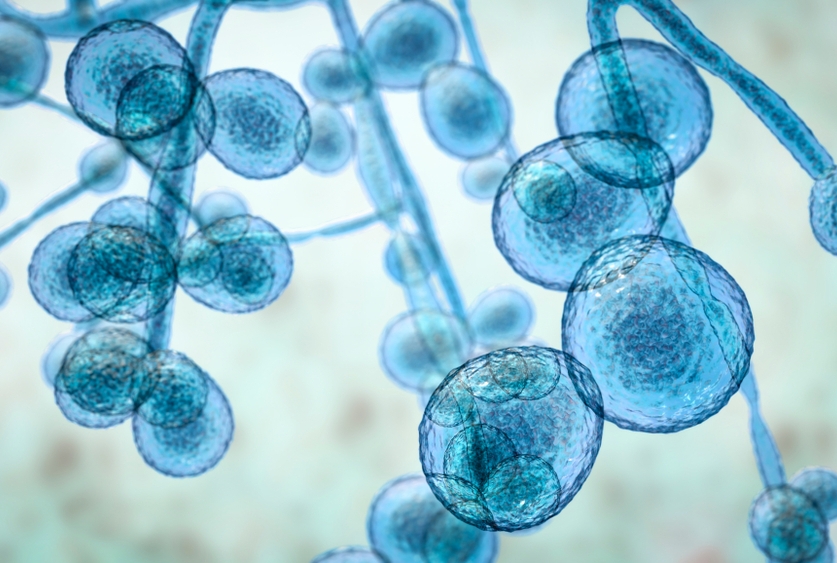Dr. Iliyan D. Iliev, an associate professor of immunology in medicine in the Division of Gastroenterology and Hepatology and a member of the Jill Roberts Institute for Research in Inflammatory Bowel Disease at Weill Cornell Medicine, has been awarded a five-year, $1.25 million CRI Lloyd J. Old STAR (Scientists Taking Risks) Program grant from Cancer Research Institute (CRI).

Dr. Iliyan D. Iliev
The non-profit CRI focuses on pursuing innovative research that could improve the way cancer patients are diagnosed and treated. The STAR program is a competitive grant that supports gifted, mid-career scientists who are working at the intersection of immunology, technology and bioinformatics. The aim of the program is to fund high-risk/high-reward research that has the potential to transform cancer patient responses to immunotherapy.
The grant will allow Dr. Iliev’s lab to continue research that investigates relationships between certain types of fungi and specific cancers. His winning grant proposal stems from his study of patients with ulcerative colitis who later developed colorectal cancer. Dr. Iliev and his lab colleagues noticed that some cancer patients share unique microbiome composition where specific fungal strains prevailed.
“We found that some patients carry specific fungal strains that expand and produce a toxin that affected inflammation,” said Dr. Iliev, who is also co-director of the Microbiome Core Lab at Weill Cornell Medicine. “One of the questions is whether the presence of these and other fungi influence cancer development and outcomes.”
By isolating certain fungi and observing what they do in mouse models, Dr. Iliev and his colleagues will be learning about fungal biology within the tumor microenvironment. Those discoveries lead them back to cancer patients where these fungi originate.
This back-and-forth process, moving between mouse models and patients, is a catalyst for developing innovative ways to investigate and hopefully treat various forms of cancer. “It’s a new hypothesis—a there are new players,” Dr. Iliev said. “There have been reports of certain fungal species associated with pancreatic cancer, for example. Now we have developed methodologies allowing us to assess microbial components in multiple tumor types to tune hypothesis and modeling promptly.”
Dr. Iliev is excited about the opportunity to cross-fertilize the cancer field with discoveries about fungal and bacterial organisms linked to the inflammatory bowel diseases he studies. “This funding is fantastic because it allows us to go in with an early hypothesis,” he said, “and gives us the freedom to go after what is really interesting in search of new and exciting ideas.”

